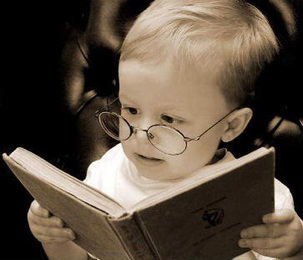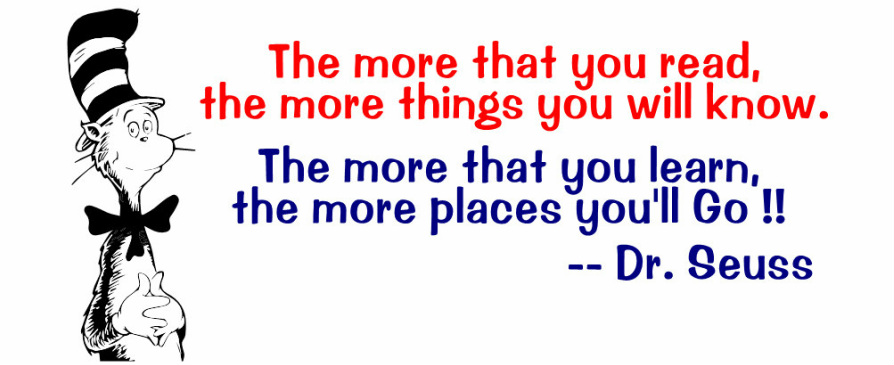What is English? What is literature?

What is English? Well, English is the language that I am using right now. It is the language of England (from which it gets its name) as well as many countries around the world (such as right here in America). English encompasses not only the spoken, oral language, but also the written word in the form of notes, essays, stories, novels, etc. that we study as literature. This leads me to the second question: "What is literature?" And perhaps the more important question--why do we study literature?
So what is literature? Literature is, as defined by dictionary.com, "writings in which expression and form, in connection with the ideas of permanent and universal interest, are characteristic or essential features, as poetry, novels, history, biography, and essay." Literature is a way for people--any person--to connect to others through communication. You may think literature is just a miasma of symbols and metaphors through which you must slog to get an "A" in your class, but in actuality, those symbols and metaphors are a means of communication to understand and connect with an author even if you have never met the author.
So what is literature? Literature is, as defined by dictionary.com, "writings in which expression and form, in connection with the ideas of permanent and universal interest, are characteristic or essential features, as poetry, novels, history, biography, and essay." Literature is a way for people--any person--to connect to others through communication. You may think literature is just a miasma of symbols and metaphors through which you must slog to get an "A" in your class, but in actuality, those symbols and metaphors are a means of communication to understand and connect with an author even if you have never met the author.
I say "literature" in general because it is not only English literature which has merit in its study, but rather all literature, in any language or form, that should be studied. And when I say "study," I mean thinking critically about a text and the many themes that the text conveys. This is particularly important when we think about texts from another language or time period from our own. Many of the most profound works of literature that we study are translated from other languages or transcend time. For example, The Odyssey is not only an epic poem that was written in Greek, it was also written (possibly) more than 2,000 years ago, in the 8th century B.C. But this poem endures, not because of some grand, majestic, super symbol that tells us the meaning of life, but because it communicates the story of a human struggle. Though the setting and the original language may be different, when looked through a critical lens, the themes of survival, war, love, and honor in this poem remain constant even today.
At the heart of it all, literature is a way for us to to connect to other human beings. Human experiences can be shared regardless of age, race, location, or time. None of these barriers matter when we read critically and think about the similarities that we all share when all is said and done. Symbols and metaphors are simply a means to help us transcend those barriers and understand the experiences of the author.
This is why we study literature--to share in human experiences through recorded knowledge.
At the heart of it all, literature is a way for us to to connect to other human beings. Human experiences can be shared regardless of age, race, location, or time. None of these barriers matter when we read critically and think about the similarities that we all share when all is said and done. Symbols and metaphors are simply a means to help us transcend those barriers and understand the experiences of the author.
This is why we study literature--to share in human experiences through recorded knowledge.
Check out the video above, titled "How and Why We Read: Crash Course English Literature #1" to see a video interpretation of the importance of literature. It is the first video by John Green in a series of videos about various works in English literature, from Shakespeare to Salinger.
**A word of warning:
However tempted you may be, DO NOT RELY ON CRASH COURSE AS A SUMMARY TO ANY NOVELS. John Green does cover a few of the novels we will cover in our courses, but it is important that you only use his videos as supplements to your reading if you would like to watch his videos on Romeo & Juliet or The Great Gatsby, etc., remember what we learned about academic honesty and dishonesty!
**A word of warning:
However tempted you may be, DO NOT RELY ON CRASH COURSE AS A SUMMARY TO ANY NOVELS. John Green does cover a few of the novels we will cover in our courses, but it is important that you only use his videos as supplements to your reading if you would like to watch his videos on Romeo & Juliet or The Great Gatsby, etc., remember what we learned about academic honesty and dishonesty!

